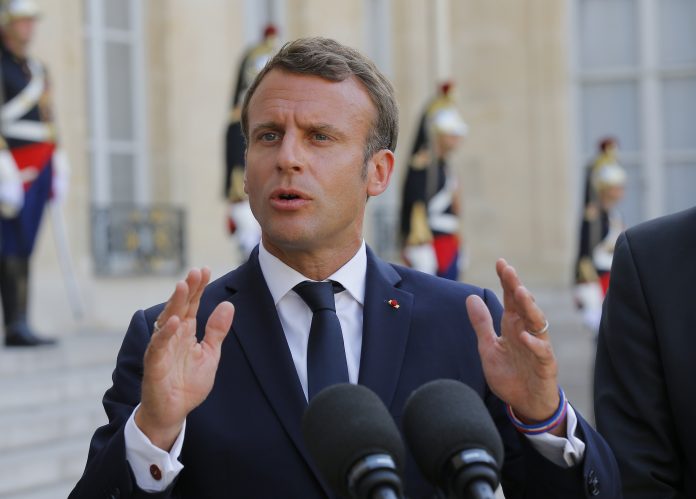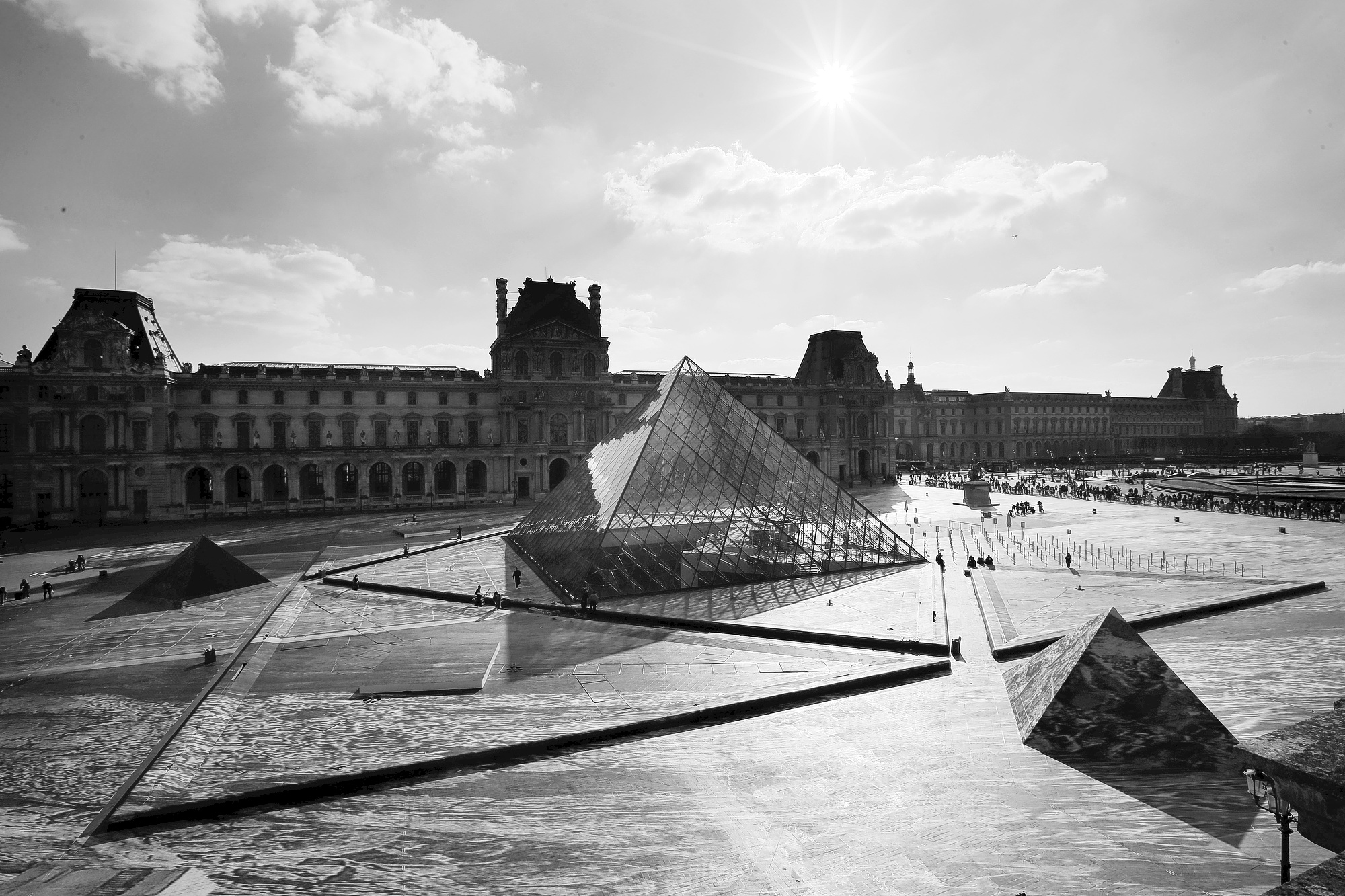
French President Emmanuel Macron ousted his top security official Monday following protests over police brutality as part of a government shakeup aimed at focusing on France’s post-pandemic economic recovery for the remaining two years of Macron’s term.
In a surprise move, Macron named a provocative lawyer who has defended WikiLeaks founder Julian Assange and suspected terrorists as head of the Justice Ministry. A former Green Party lawmaker was appointed to lead the powerful Ministry for Ecological Transition after Macron came under criticism for lagging on promises to cut emissions.
The 42-year-old centrist leader, whose presidency has been buffeted by protests and now the virus crisis, promised that the new government would be one of “purpose and unity.” Macron tweeted that his 2017 campaign promises to modernize France and free up its businesses remain central to his agenda, but he “must adapt to the international upheavals and crises we are experiencing. A new path must be forged.”
First among the priorities that Macron listed is helping the world’s sixth-largest economy recover from the battering delivered by the coronavirus pandemic. His new lineup includes some new faces but also leans heavily on loyalists as Macron seeks to steady the country.
One key change is at the Interior Ministry, which is in charge of police. Former budget minister Gerald Darmanin was named to replace Interior Minister Christophe Castaner, who had come under fire amid widespread French protests against racial injustice and police violence spurred by the death of George Floyd in the United States.
In response, Castaner initially announced a ban on the use of chokeholds in policing, but he then backed down in the face of counter-demonstrations and pressure by police unions. He also launched an experiment with expanded Taser use.
Darmanin, a member of Macron’s young guard, is a former conservative who joined Macron’s centrist party in 2017 and is seen as outspoken but effective.
The new government reflects a balance of figures from the left and right and from outside politics altogether — like Eric Dupond-Moretti, arguably France’s most famous lawyer.
Among his clients have been Assange; accomplices to Mohamed Merah, who killed Jewish children, a rabbi and paratroopers in a 2012 rampage around Toulouse; and former French government ministers accused of tax fraud or sexual harassment.
Two other important changes are at the Labor Ministry, whose new chief, Elisabeth Borne, will have to deal with a pending surge in unemployment, and the Ministry for Ecological Transition, to be led by former Green Party legislator Barbara Pompili.
Macron didn’t change the finance or health ministers, posts central to helping France through the virus crisis and recession, or the foreign and defense ministers.
The new government will be led by Prime Minister Jean Castex. who was appointed Friday. Macron last week ditched Edouard Philippe, who as prime minister steered France through its coronavirus lockdown and the first three years of Macron’s presidency.
Castex is a career civil servant, and his low profile suggests that Macron doesn’t want to be overshadowed should he choose to seek reelection in 2022. Macron has not yet said if he’ll run for a second term.



















